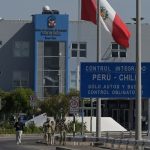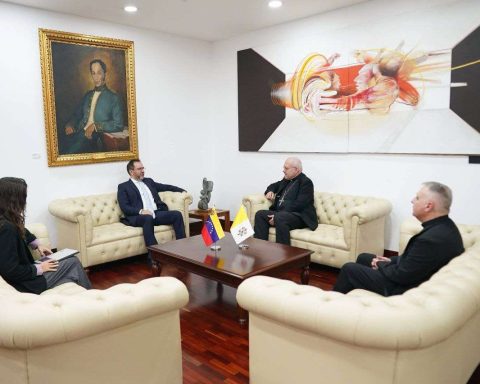
“I would not understand that the same coalition that approved all the other withdrawals, today tries to deny the fifth.” The words of the former presidential candidate of the PC, and mayor of Recoleta, Daniel Jadue, showed how complex it is going to be for the incoming administration of the State to deal with an issue that left the current government with less than a third of support in the Parliament, and totally devoid of minimal degrees of governability.
And it is that beyond establishing new positions, now as responsible for the administration of the State, the words of Daniel Jadue, beyond imposing an uncomfortable wedge for the future government, describe a reality. The same ones that now seek to stop the approval of the withdrawal of funds from the AFPs, are the same ones that struggled to approve them in the recent past, including the elected President, Gabriel Boric.
In this way, from the incoming administration, they are already notified that the impulse of different parliamentarians and sectors of the future ruling party for a new withdrawal will be one of their first headaches.
And this has to do not only with making two positions collide, it is also a sign of how complex governability is for the government of President Gabriel Boric, who is a minority in parliament and ordering all of his own to contemplate a degree of complexity greater than what some warned early on.
It is in this context that the current Segpres minister, Juan José Ossa, one of those directly affected by the defeats of the current government in terms of forecast withdrawals, was consulted about this situation, in an interview with The Mercury the RN militant indicated that “I hope that such a bad policy, such as a new withdrawal, will be stopped by the authorities that come in the future, regardless of how they have behaved in the past.”
To that he added that “what they did backwards is going to be relevant in the future, in that they are going to have to face pressure, but I think they are going to have the capacity to carry out the agenda.”
For now, both from the PC, the majority party within the main conglomerate of the future administration, I Approve Dignity, and from the center-left, they have dissociated themselves from President Gabriel Boric’s idea of leaving behind this exit to face the domestic difficulties of those most they need it.
At the signal level, the inclusion of the future Finance Minister, Mario Marcel, has a lot to do with the financial actions of the incoming government, and the responsibility that it also seeks to emanate. Marcel, in his position as president of the Central Bank, was one of the main detractors of the withdrawals, accusing domestic inflationary problems as one of the main consequences.

















